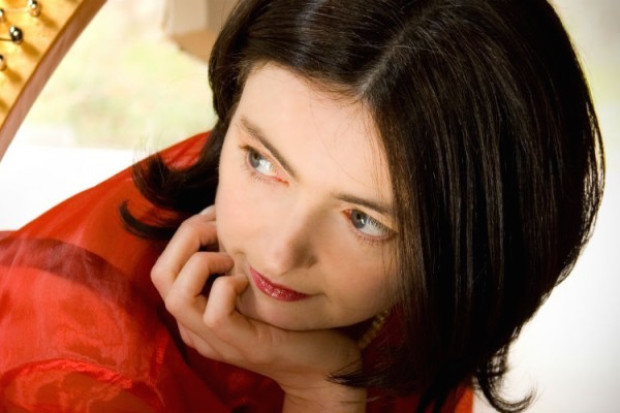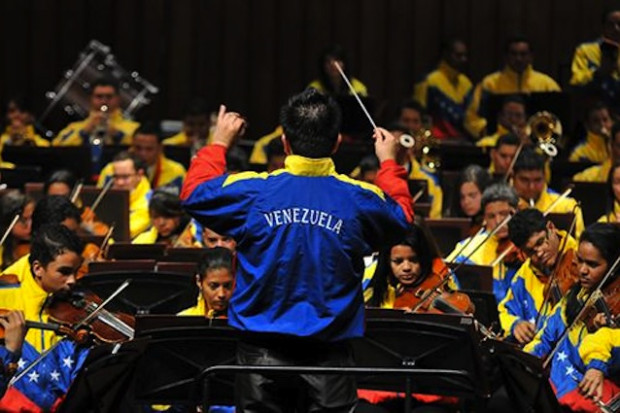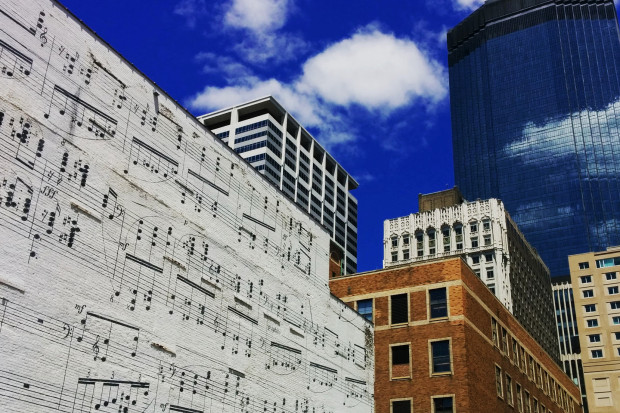Editorial: Two Movements
In an obituary for Aloys Fleischmann written by Ita Beausang in 1992, his former pupil recalled receiving a letter from him the day after his funeral. In it, in his last days, he referred to the importance of encouraging an appreciation of music in the school curriculum. She also recalled how his appointment to Aosdána in 1983 brought him a national platform from which to express his concerns about the future of music education in Ireland.
The future that Fleischmann spoke about is here, but the matter of providing state-funded local music education services, and of providing a stronger music component in the school curriculum, is still unresolved. The ultimate responsibility lies with the Department of Education, but there is a clear awareness in music circles that little will happen without pressure from the ground up.
It should be mentioned therefore that we currently have two music education movements. The first, led by Music Network and the Forum for Music in Ireland, has a multi-genre model as its objective, based on Music Network’s 2003 blueprint for same, and is targeted at the Department of Education. The second, involving traditional music organisations, mainly working independently of each other, strengthens and increases traditional music educational services through soliciting funds from the Arts Council, the Department of the Gaeltacht and the Department of the Arts.
There is much common ground between these two movements – they are both plainly involved in music education – but that fact can become blurred. Traditional music education services – in the form of Comhaltas Ceoltoirí Éireann or the Willie Clancy Summer School or Na Píobairí Uilleann or the countless other summer schools and organisational activities – are not apprehended widely enough as being a facet of music education, but rather are perceived as the ‘preservation’ of Irish culture. The rhetoric of traditional music organisations can often encourage this view. By emphasising extra-musical advantages (such as the preservation of a music practice, or the strengthening of Irish identity and culture) it can form the impression that learning this music is not a sufficient benefit in itself, i.e. that it is not a comprehensive music education. This is
a subject upon which there should be much more discourse in traditional music.
The blanket result is that Music Network’s plan for a national music education system is robbed of a critical mass, i.e. the involvement of all those involved in music education, and, by underselling itself, traditional music’s potential to become the basis of a music education system in Ireland, the ultimate aim of that community, is equally hampered.
Progress on the matter of a national system of music education requires at least some acknowledgement in both movements of the other, and then, naturally, an attempt to join forces.
Published on 1 May 2007
Toner Quinn is Editor of the Journal of Music. His new book, What Ireland Can Teach the World About Music, is available here. Toner will be giving a lecture exploring some of the ideas in the book on Saturday 11 May 2024 at 3pm at Farmleigh House in Dublin. For booking, visit https://bit.ly/3x2yCL8.












